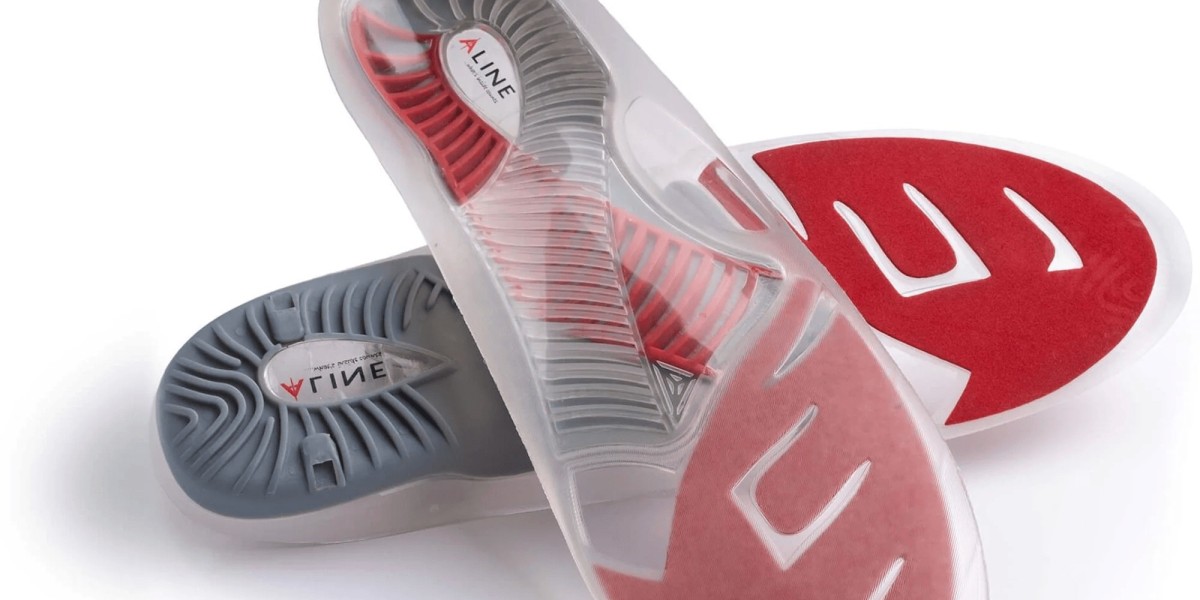Precision is a critical factor in the soft washing industry, especially when working with delicate surfaces that require a careful mix of water and cleaning solutions. A key tool for achieving this precision is the soft wash metering valve. This essential component allows users to accurately control the flow of chemicals in a soft washing system, ensuring effective results without causing damage to the surfaces being cleaned.
Soft washing involves the use of low-pressure water combined with cleaning solutions that gently remove dirt, algae, mold, and other contaminants from surfaces. Unlike power washing, which relies on high pressure, soft washing requires a precise blend of chemicals to be effective and safe. The metering valve plays a vital role in creating this balance by regulating the amount of solution entering the system. With the right adjustments, professionals can achieve a perfect balance that makes soft washing highly effective while minimizing environmental impact.
One of the key benefits of using a soft wash metering valve is its ability to provide consistent results. Consistency is important in soft washing, as too much or too little of a chemical solution can lead to ineffective cleaning or even damage to the surface. A metering valve allows operators to dial in specific ratios, ensuring that each job is completed with the ideal mix of water and cleaning agents. This is particularly important when cleaning sensitive surfaces like roofing tiles, stucco, or painted exteriors, where incorrect mixtures can lead to discoloration or degradation.
In addition to precision, the metering valve also provides a high level of control for the operator. This means that, depending on the requirements of the job, the flow of chemicals can be easily adjusted without stopping the system. This flexibility is invaluable in situations where different areas of a property require varying levels of chemical strength. For example, a heavily soiled area may need a stronger concentration, while less affected areas might only require a minimal amount. The valve’s ability to provide this customization ensures that each part of the job is addressed with the correct solution, which can enhance efficiency and reduce the use of unnecessary chemicals.
Maintenance is another factor to consider when discussing the advantages of a soft wash metering valve. These valves are designed to be durable, but like any equipment, they require regular maintenance to perform at their best. Keeping the valve clean and checking for any blockages can help prolong its life and ensure accurate performance. Regular maintenance not only preserves the valve’s function but also supports overall system performance, reducing the risk of costly repairs or replacements.
One of the most common issues with metering valves is wear and tear over time. Given the constant exposure to chemicals, these valves can corrode or become blocked if not properly maintained. Using high-quality valves made of chemical-resistant materials can help mitigate these issues, but regular inspections and cleanings are still necessary to keep the valve in optimal condition. By implementing a maintenance schedule, professionals can ensure that their equipment is always ready to deliver the precision needed for a perfect clean.
Finally, investing in a soft wash metering valve can save both time and money in the long run. By allowing for more accurate control over chemical usage, the valve helps prevent waste, making each job more cost-effective. Over time, these savings can add up, making the metering valve a wise investment for any business looking to increase profitability without compromising on quality.








